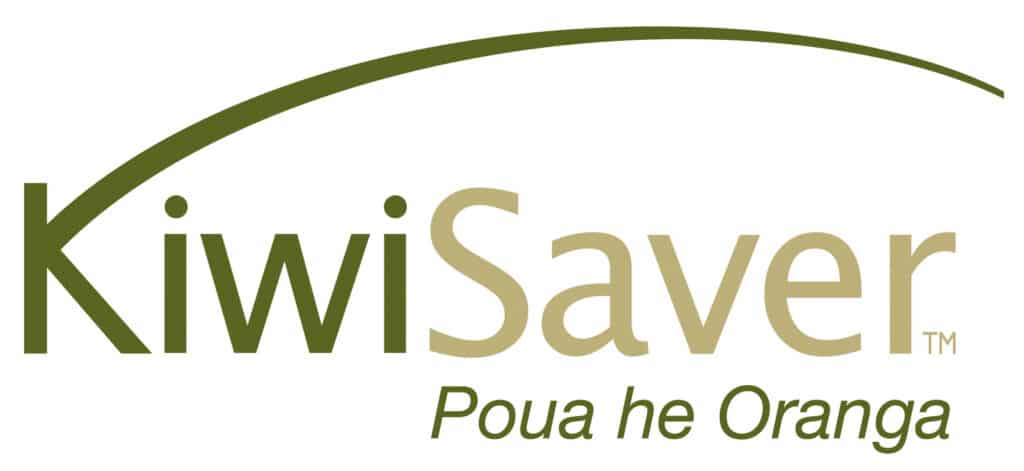This article gives an idea of what you can do to ensure your future by investing. Here is the 7 best investments for young adults in New Zealand.
If you have any questions or want to invest as an expat or high-net-worth individual, you can email me (advice@adamfayed.com) or use WhatsApp (+44-7393-450-837).
Introduction
Many young adults in New Zealand are naturally concerned about what to invest in, given record-low interest rates, rising property prices, and high rent expenses. Having money to help you plan for the future is simpler whether you have $500 or $15,000 (or more).
Despite the allure of goods and activities, which you have the right to purchase, there are several benefits to saving every week, month, or when your company pays you. By investing on a regular basis, you may increase your chances of becoming a homeowner, improve your lifestyle, and provide stability if you become unemployed for an extended period of time.
In this tutorial, we’ll go through the most common investing alternatives that can help you achieve your goals. It all starts with a commitment to save a little money on a regular basis.
Best Investments for Young Adults in New Zealand
Investing is a commitment that must be made over an extended period of time. The earlier you invest, the better your chances of making a profit (assuming you have a diversified portfolio). The following is a list of best investments for young adults in New Zealand. The absence (or presence) of any asset or investment type is not financial advice; never invest more than you can afford to lose, and get independent advice before making any decisions.
1. KiwiSaver
KiwiSaver is one of New Zealand’s best investments for young adults. Best of all, you’re practically certain to make a healthy profit. Joining KiwiSaver is free, and if you put in more than $1,043 every year, the government will add $521 to your account.
To participate, you must be a KiwiSaver member. You don’t need to do anything if you’re already there. If not, KiwiSaver funds can help.

To get the entire amount, you must be at least 18 years old and contribute at least $1,043 every year between July 1 and June 30. Anyone earning more than $20,000 per year who contributes on a regular basis should be able to achieve this requirement. The government’s contribution totals $20,000 over 40 years, and that’s before you factor in the fact that KiwiSaver funds have normally returned between 2% and 15%+ p.a. each year.
There are minimal disadvantages, and your money may be utilized to purchase your first home when the time comes. As the market grows more competitive, KiwiSaver fund costs continue to fall, and your company will contribute 3% of your income to your fund. In short, KiwiSaver is a low-key performer with long-term investment potential.
2. Savings Account
Savings accounts may not provide the finest investment returns (due to low interest rates), but they serve a function. To begin with, you’ll earn interest on the amount that might otherwise sit idle in your bank account. Second, and possibly more crucially, your savings account stores funds that become less accessible over time, reducing the likelihood of their being spent.
A savings account is simple to open, but interest rates vary by bank. The minimum investment varies per bank; $500 is an excellent start.
COVID-19 shown that anyone who does not have cash on hand is at risk of being financially insecure. Young New Zealanders who are the most financially secure have at least three months’ pay in a savings account. It may seem impossible, but $10 each week is better than nothing.
3. Term Deposits
Term deposits are similar to savings accounts in that your money is locked away for the term (number of months) you choose at a predetermined interest rate. Term deposits can help you secure your investment and reach your long-term financial goals if you have a long-term financial aim.
Because term deposits are fixed, you will not be able to withdraw your funds without incurring penalties. Because of this, you must ensure that you will not want the funds during the period. If you’re unsure, avoid term deposits in favor of savings accounts, which provide more flexibility at a similar interest rate.
The interest rates on term deposits vary per bank. The minimum investment varies per bank; $1,000 is an excellent place to start.
Term deposits are a fantastic investment since they lock money away and are ideal for helping you achieve your investing goals. However, interest rates are now at historic lows, and inflation will eat away after-tax earnings. If you wish to diversify your investments beyond shares, ETFs, and KiwiSaver, term investments are a smart alternative since the money you invest has a near-zero chance of losing value.
4. Shares
Since the emergence of DIY investing platforms like Sharesies and Hatch, investment in shares, also known as stocks or securities, has become more accessible. Shares can be frightening, and there are several investment possibilities, but you can construct a portfolio without taking on too much risk. People who profit from stock purchases do so when the price of the stock rises.
Buying 1,000 Xero shares for $1 (total cost = $1,000) and selling them for $80 (total profit = $80,000 – $1,000 = $79,000) is one example. You will be charged a brokerage fee each time you purchase or sell stock. To cut costs, the best place to start is by looking for a platform with cheap brokerage fees so that earnings aren’t sucked dry. For low-value trades, Sharesies is perhaps the cheapest broker in New Zealand, while Hatch is worth considering for US stocks.
Begin by looking into which firms would be good to invest in. This can assist you in becoming acquainted with firms that have recently made the headlines. It’s not a good idea to choose shares at random based on what you see on Facebook or hear from a friend. Signing up for an investment app or platform after you’re comfortable with making certain decisions is a fantastic idea.
Shares can be a high-risk investment since what rises in price frequently falls in price.
Do not be shocked to find the value of your investment fluctuate on a daily basis if you invest in stocks. There are many underperforming firms for every Xero or A2 Milk that deplete investor value. As a result, it’s essential to start small and learn from your mistakes. To reduce risk, it’s also a good idea to acquire shares in a variety of businesses.
5. Managed Funds and Index Funds
A managed fund is a type of investment in which your money is pooled with that of other participants. The managed fund then purchases stocks, bonds, and/or other securities, forming a ‘investment portfolio.’ While this may appear to be hard, utilizing a managed fund is actually extremely straightforward for investors. Managed funds are managed by a portfolio manager, as the name implies, and the value of the managed fund fluctuates daily depending on the success of the assets.
Some actively managed funds are administered by professionals that purchase and sell investments in order to maximize the fund’s return. Other passive funds are index funds that track a certain market index, such as the NZX50 or S&P500. Index funds offer cheaper fees than managed funds since there are no investment managers. This is because the fund requires fewer management and transaction expenses.
The first thing to understand is that both managed and index funds are long-term investments. Given the quantity of shares and bonds held, managed funds provide diversification. InvestNow is a popular site for small investments since it offers a big range of managed funds without the usual minimum investment level that funds that take direct money from investors demand. It does not, however, provide all index funds; Kernel and Simplicity Investment Funds can be purchased directly. An example of an income-producing fund that pays out cash returns is the Booster Private Land and Property Fund.
6. ETFs
ETFs, or Exchange Traded Funds, work similarly to index funds but are traded on a stock exchange. While the NZX has roughly 30 ETFs, there are more options outside of the country. Hundreds of ETFs are available through platforms like as Hatch, Stake, and Sharesies on the US stock exchanges, for example. Vanguard S&P 500 (VOO) and Smartshares NZ TOP 50 (FNZ) are two popular ETFs that invest in the 500 largest American firms and the 50 largest New Zealand companies, respectively.
The most common way for new investors to purchase ETFs is through an investing app. The best apps don’t charge recurring membership fees since they reduce your profits. The most popular app for US, NZ, and AUS ETFs is Sharesies.
Long-term investors choose ETFs. The theory is that a stock market index will beat a managed fund over time. While ETFs aren’t particularly exciting, they are low-cost diversification investments.
7. Property
Property investments can be either direct (i.e. purchasing a home or apartment) or indirect (i.e. buying a property-focused index fund or ETF, or shares in a property company).

Buying a property is a big step, but several young Kiwis undertake it before buying their first house. A rental property is by no means a risk-free investment if you’re serious about it.
Many shares, ETFs, and index funds that invest in property firms are available if you desire to take advantage of prospective gains in property values. Because the firms that underpin the investments rarely hold residential property, financial returns are likely to be modest. However, if you’re looking to diversify your portfolio, they provide a low-risk option.
Property is a long-term investment and surely is one of the best investments for young adults, regardless of whether you buy a standalone investment property or invest in a passive property index fund or anything similar.
Conclusion
Check to see whether any high-interest obligations have been paid off before investing. It’s improbable that investing will provide you with high returns if you have unsettled debts because consumer-type loans are likely to have interest rates of 10% to 20% p.a. When it comes to investing, diversifying your portfolio with high-interest term deposits, index funds, and quality shares (either New Zealand or overseas) may provide the groundwork for a secure financial future.
Pained by financial indecision? Want to invest with Adam?

Adam is an internationally recognised author on financial matters with over 830million answer views on Quora, a widely sold book on Amazon, and a contributor on Forbes.



